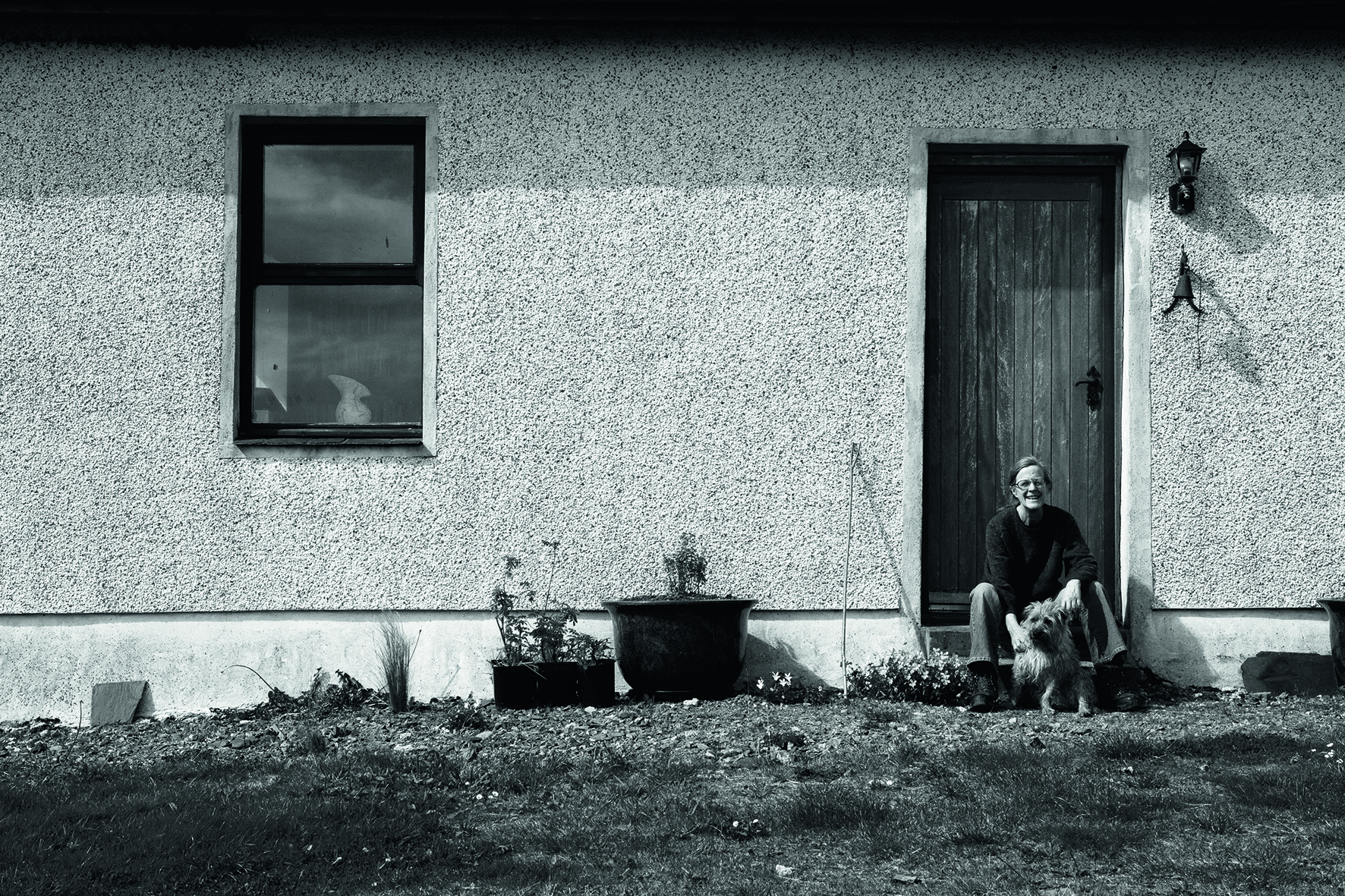Before the First World War, my grandfather, who lived in South West Scotland, played a game of chess with a friend in South Africa, by post. They got in fewer than 10 moves a year because the post took about six weeks each way. (They finished the game; my grandfather lost.) Up the glen where I live there was no electricity until the 1970s, and no telephone either (there is still no mobile connection). Some of the primary school children had to walk over a mile to catch the school bus and back again in the evening. The major social event of the summer was ‘common shearing’: everyone got together on one farm for the day and collectively sheared all that farm’s sheep – an exhausting task (no power shears obviously) – and then moved round the other farms. Older people here still remember common shearing with joy.
The point is that isolation was normal, communication slow, transport rare and ‘social bubbles’ pretty universal and highly restricted, even half a century ago. I have no doubt that many households became highly eccentric and turned in on themselves, but there seems to have been no general panic about mental health. In barely a century so much has changed, and you would have thought for the better, or at least the easier – cars, bikes, tarred roads, ambulances, TVs, central heating, telephones, deep freezes, holidays abroad, a state pension – but, ‘locked down’ by coronavirus we are all apparently in immediate danger of insanity, or at least debilitating depression. This is quite odd, because we know – we knew long before lockdown – a number of things that are good for our mental health and a great many of them are more easily accessed in the countryside than in large towns. Exercise and fresh air are recognised as being good for mental as well as physical health, and it is a great deal easier, and cheaper, to find beauty and freedom and fitness in the country than on an industrial estate. The gym may be closed but the public footpath is not.
Meaning of community
At the beginning of the pandemic, a couple of days before lockdown started, my niece who lives in an apartment block in London asked the management which flats had people aged over 70 in them, and was told curtly that this was privileged information and none of her business. At precisely the same time, my very rural village was organising its ‘community resilience hub’, including shopping for the over-70s, 24 hours of telephone contacts and red plastic Xs to put in your window if you needed help. Of course, we already knew who was over 70, which made it simpler. Moreover, life under lockdown is markedly easier if you live where there are fewer people. I’ve been out for a walk almost every day of lockdown and I have only once, in nine months, had to take evasive action in order to maintain social distancing.
I stepped off a narrow path in a wood because I heard someone approaching. Unfortunately, he also heard me approaching and stepped back off the path. After about five minutes of waiting for each other we had a shouted conversation and worked out a very simple “crossing plan”. My point is that the worst possible thing you can do for your mental health is worry and fret about it. In the countryside, we can stay fit and enjoy the beauty of the world, while staying safe. Let us not add anxiety to loneliness.

